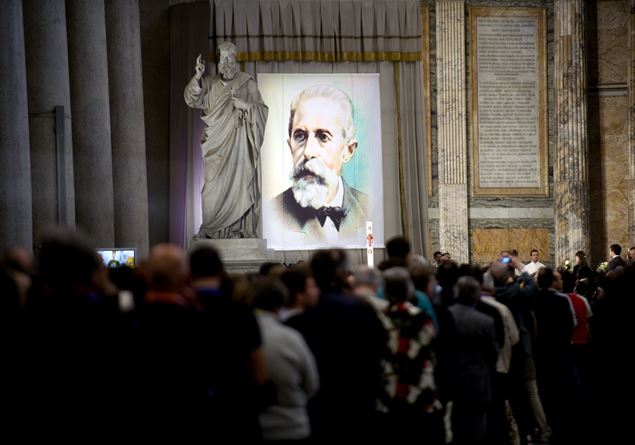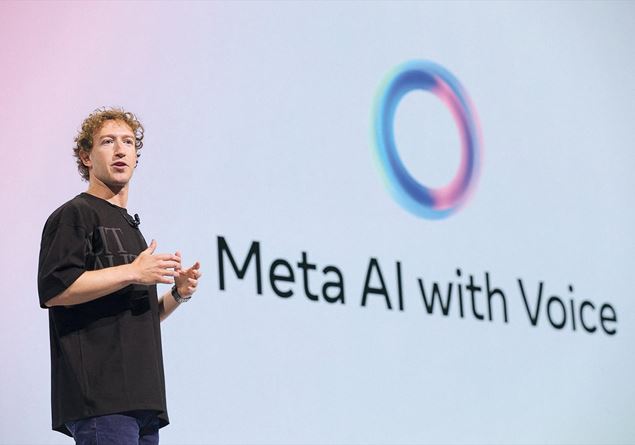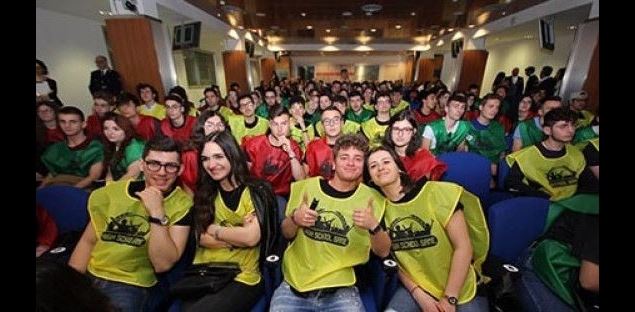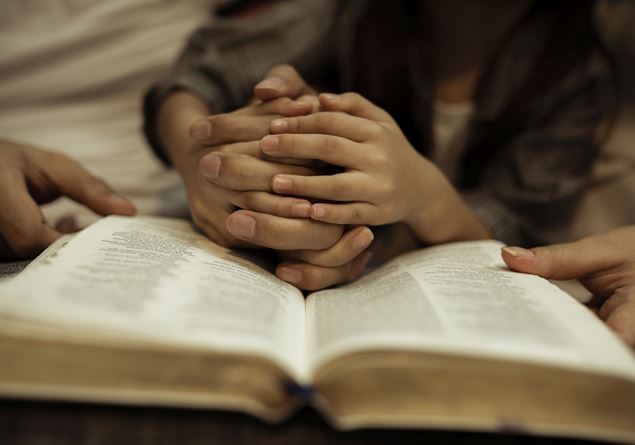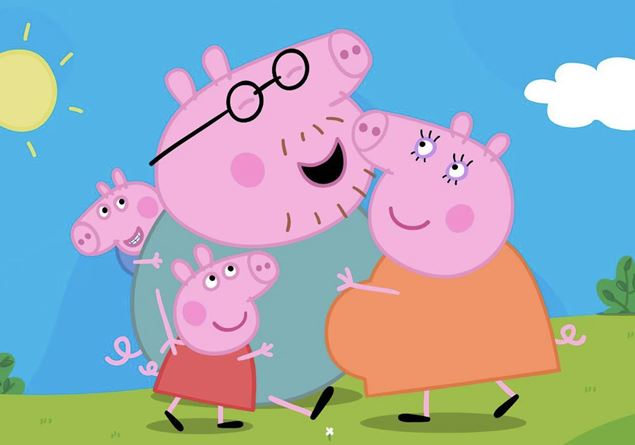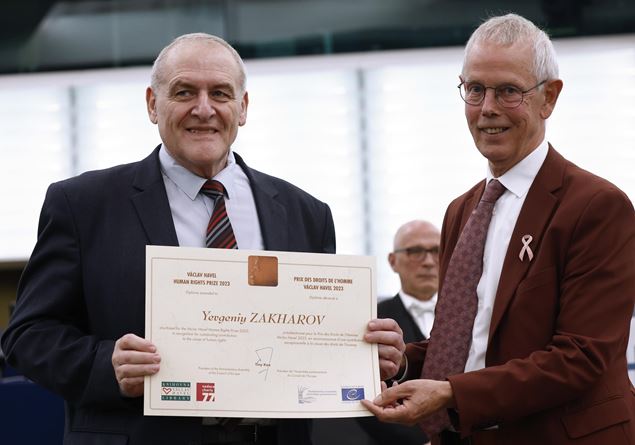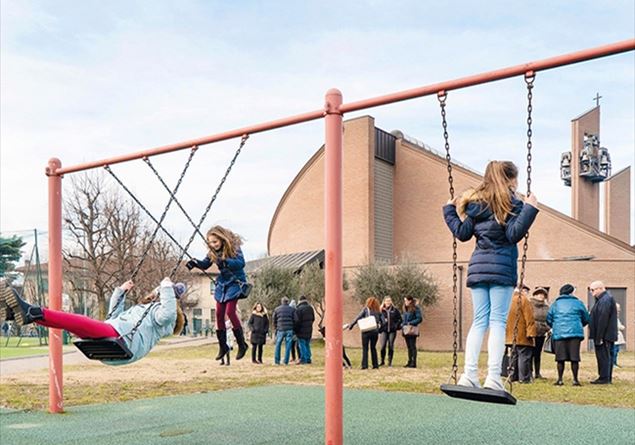I understand that Mark Zuckerberg, who remains among the richest men in the world, feels obliged to align himself with the new president-elect of the United States. Business is business it remains an imperative. The European Union doesn’t seem too worried, for now. Indeed, he accused Meta, owned by the US tycoon, of having “obscured” some posts of a political nature. But in a globalized world of communication, trusting to remain closed, safe and guaranteed, even in the European bubble, is not prudent. How long will this still be possible?
Let’s take a step back. Not even ten years ago Meta, which among other things owns Facebook and Instagram, introduced a program fact checking (checking news) to avoid the spread of false, offensive and above all news driven by political or partisan interests. A program that made use of independent journalists and agencies. Today Zuckerberg backtracks, thus allowing anyone to use his social media to add information of any kind, even false information, in the comments. Apparently to make the internet freer and avoid suspicions of censorship. In fact to please the new Trumpian presidency, which has always shown itself hostile towards political correctness. A rampant obsession, often exaggerated, which has reached excesses bordering on the absurd, to the point of erasing history, the protagonists of culture, and wanting to transform language.
But to correct a deviance, we do not leave the presumed freedom to anyone to defame, insult, confuse, sow propaganda that does not have freedom as a primary value. Zuckerberg’s intervention is therefore suspicious and the intent to support the new governance seems explicitwhich he also rewarded with welcome appointments and generous donations. Free Speech seems like a nice expression. Instead, fact checking with precise rules and clear, verifiable sources is the only tool we have left to distinguish the wheat from the chaff and clean up too much false news, too much hatred that clogs the internet and discredits the work of those who still believe in correct information. Unfortunately, in a perhaps irreversible crisis of the printed papersmartphones remain to know, understand and delve into the facts.
In the rush, shaking the titles and at most the summaries, how can one defend oneself from the half or false truths bandied about out of stupidity, madness, or on purpose for less than noble purposes? In Romania, free elections were invalidated – it had never happened before – precisely due to the targeted interference of hackers in Putin’s pay. Information is the salt of democracy and democracy needs truth. On January 24th we remember the figure of Saint Francis de Sales, patron saint of journalists and those who work in the world of communication. A bishop who lived in the seventeenth century, he was a man of studies and great faith, of which he became an apostle and witness, effectively inventing the Catholic press with “posters” to be put up or leaflets to reach the greatest number of people. They were times of heresies and he tried to spread the truth, which remains a task, a vocation for each of us.


